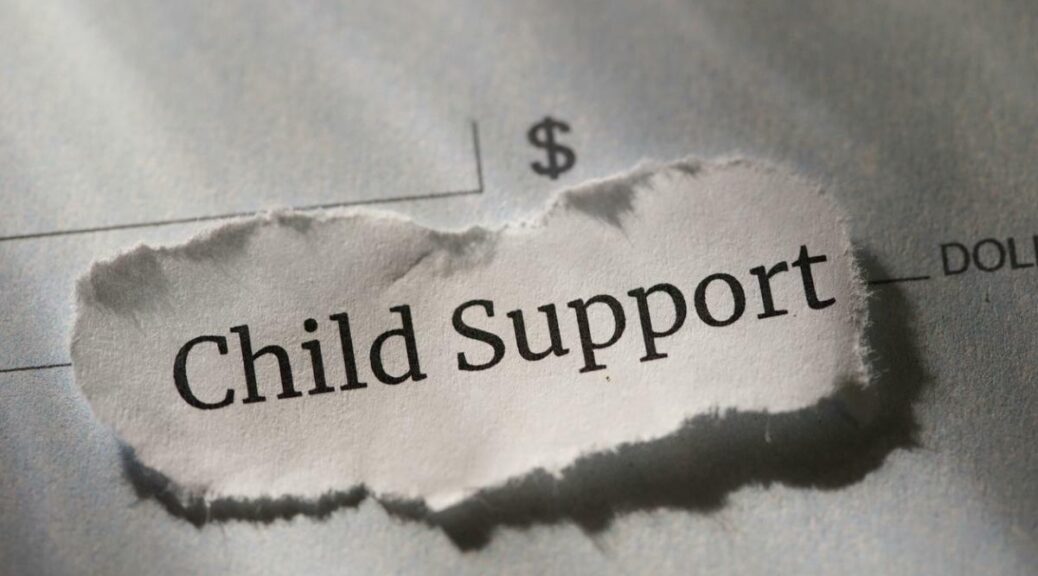Supervised visitation is often a tricky and emotional arrangement stemming from numerous complex circumstances. Many parents wonder if it’s possible to transition from supervised visitation to full custody. In California, the court prioritizes the best interests of the child when making custody decisions. CA Certified Family Law Specialist Judy L. Burger shares what you need to know about pursuing full custody after having only supervised visitation.
Understanding Supervised Visitation
Supervised visitation means that a parent can only spend time with their child in the presence of a third party. The goal of supervised visitation is to ensure the child’s safety while allowing the non-custodial parent to maintain a relationship with their child.
California courts order supervised visitation when there are concerns about a child’s well-being during unsupervised visits. Here are some common reasons a judge may mandate supervised visitation:
- Substance Abuse: When a parent has ongoing substance abuse issues, such as repeated relapses or incomplete treatment, the court may require supervision until the parent demonstrates sustained sobriety.
- Domestic Violence: If a parent has a history of domestic violence, especially when the child has been exposed to such behavior, this can justify the need for temporary or long-term supervised visitation.
- Unsafe Living Environment: An unsafe living situation, which may include unsanitary conditions or the presence of dangerous individuals, can also lead to the requirement for supervised visits.
- Mental Health Concerns: Mental health issues become significant when a parent’s untreated condition affects their ability to care for the child.
- Abuse or Neglect: Allegations or confirmed cases of abuse or neglect typically result in the requirement for supervised contact.
- Parental Alienation: When one parent actively interferes with the child’s relationship with the other parent, the court may require a neutral party to supervise visits.
Is Full Custody Possible?
Yes, it is possible to obtain full custody of your child after having only supervised visitation, but it requires demonstrating considerable changes in circumstances. Here are the key factors to consider:
Showing Positive Changes
Courts will look for evidence that you have made significant improvements or changes that address the concerns that led to supervised visitation. This could involve completing a rehabilitation program, undergoing therapy, or demonstrating stability in your personal life, such as consistent employment and a safe living environment.
Documenting Progress
Keeping detailed records of your progress is vital. Document attendance in therapy or counseling, participation in parenting classes, and any positive feedback received from professionals involved in your case. This evidence can be presented during custody hearings to support your request for increased custody rights.
Requesting a Modification
To pursue full custody, you will need to file a motion to modify the existing custody arrangement. The court process typically involves demonstrating to a judge that a significant change in circumstances has occurred and that it would now be in the best interest of the child to change the visitation terms.
Proving the Child’s Best Interests
In any custody matter, the overriding principle is what serves the best interests of the child. This means you’ll need to show that moving to full custody aligns with their emotional, educational, physical, and psychological needs.
Co-parenting and Communication
If possible, demonstrate a willingness to co-parent effectively and communicate with the other parent. Courts often look favorably upon parents who can work collaboratively for the benefit of the child.
Legal Representation
Considering the complexities involved, it’s advisable to seek legal counsel. A family law attorney like Judy Burger can provide guidance on how to effectively present your case for full custody and navigate the court system.
Considerations Before Pursuing Full Custody
Before embarking on the journey to obtain full custody, consider the following:
- Impact on the Child: Change can be disruptive. Ensure that the transition to full custody will be stable and beneficial for the child.
- Opposition from the Other Parent: Be prepared for potential pushback from the other parent. Having legal representation can help navigate disputes.
- Custody Evaluations: Sometimes, the court may order a custody evaluation to assess the parenting capabilities of both parents. Be prepared for this possibility and approach it with transparency and honesty.
Get Help Moving from Supervised Visitation to Full Custody in CA
Obtaining full custody after having only supervised visitation is an attainable goal, provided that you can demonstrate a genuine commitment to positive changes and a dedication to your child’s well-being. The path to achieving full custody can be challenging, but with the right approach and support, many parents successfully make this transition.
Schedule a confidential consultation with CA Certified Family Law Specialist Judy L. Burger. She can help you understand your rights and the steps necessary to seek a modification of custody and provide essential guidance tailored to your specific needs and circumstances.






